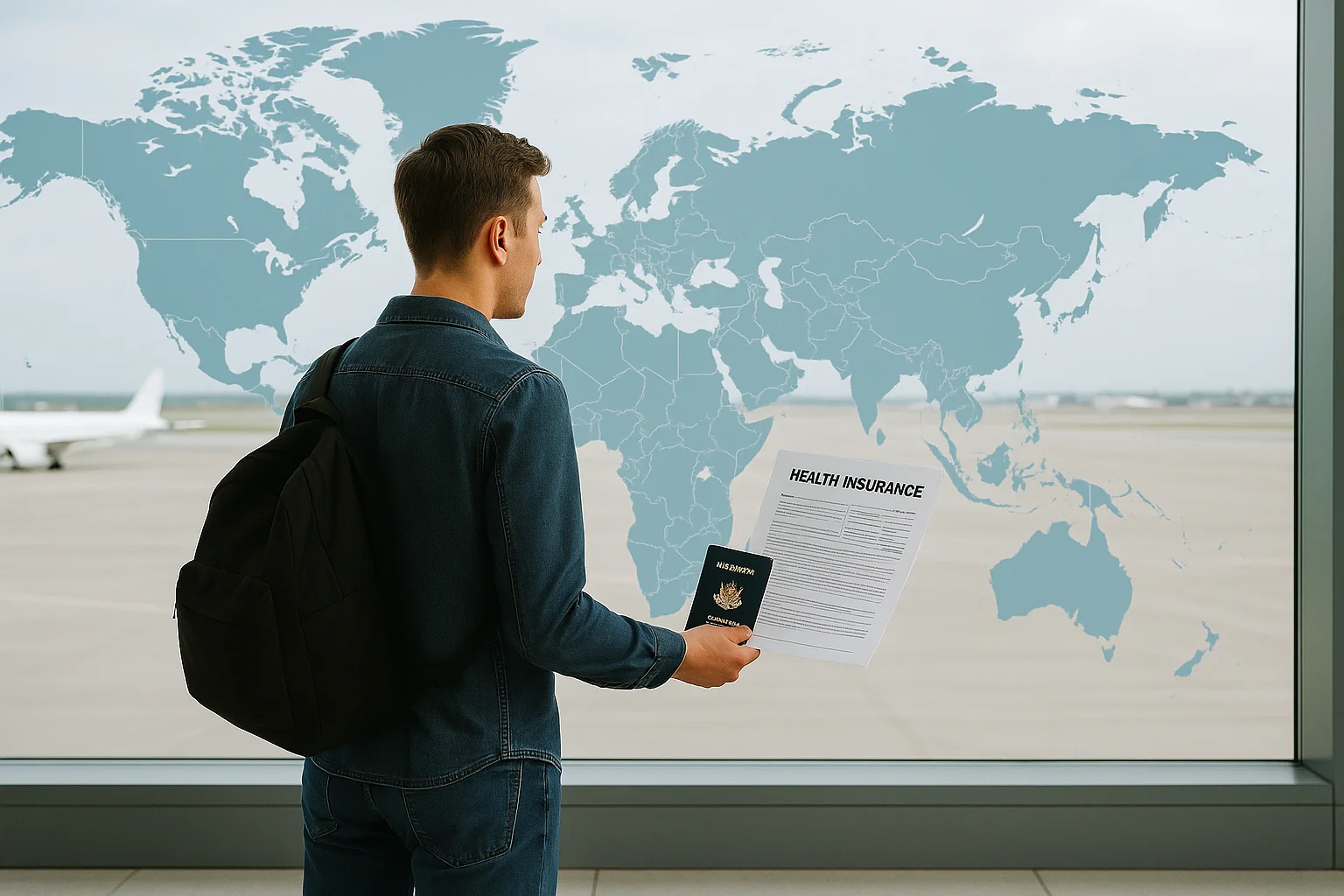Does My Health Insurance Cover Me When I Travel Internationally?
Table of Contents
- 2. How Regular Health Insurance Works Overseas
- 3. Travel Medical Insurance: What It Covers
- 4. Real-Life Example: Hospitalization Abroad
- 5. Medicare and International Travel
- 6. Employer Health Plans and International Coverage
- 7. Private Health Insurance and Travel
- 8. What Travel Insurance Covers (And What It Doesn't)
- 9. COVID-19 Coverage for International Travelers
- 10. Emergency Medical Evacuation: Is It Included?
- 11. Tips for Securing International Health Insurance
- 12. Best Travel Health Insurance Companies (2025)
- 13. Conclusion: Protect Your Health Abroad






![Allstate Prior Insurance Requirements Not Met? Meaning, Fixes & Solutions [2025 Guide]](https://policyidea.com/storage/uploads/1753515751.webp)

Community Feedback